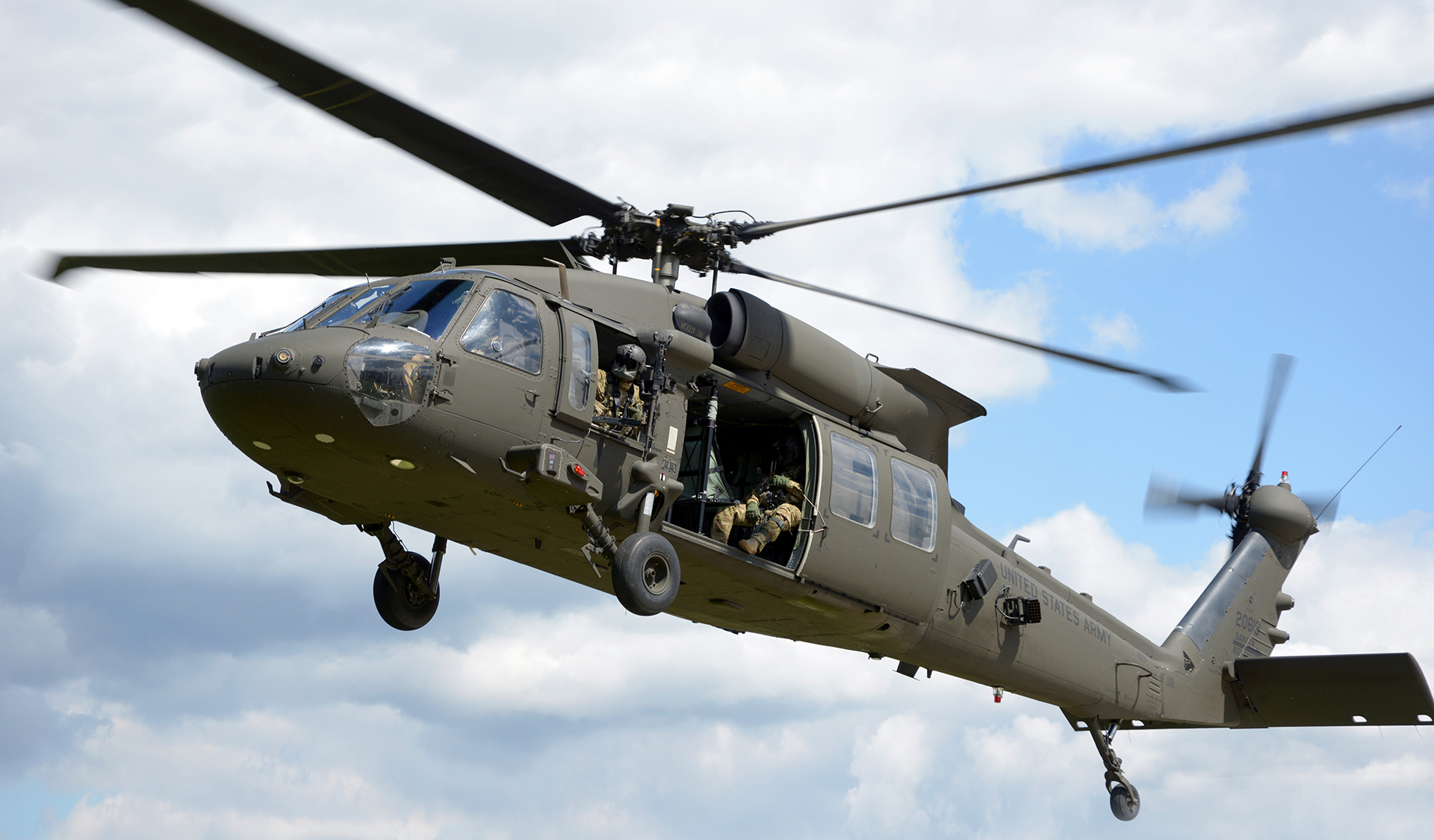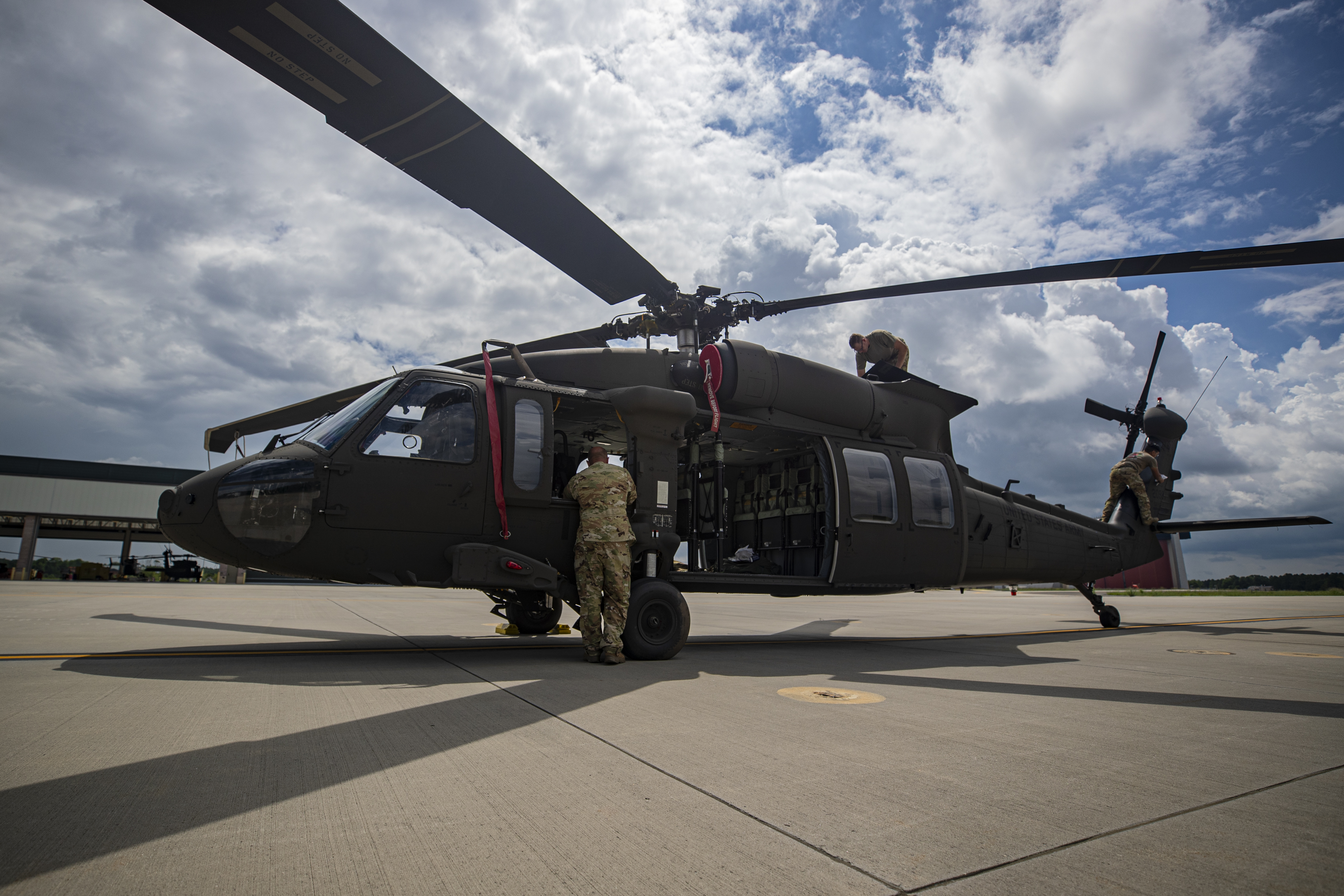The Duty of UH 60 in Modern Armed Force Workflow
The Duty of UH 60 in Modern Armed Force Workflow
Blog Article
The Impact of Sustainable Practices on the Future of Airplane Operations and Emissions Reduction
As the aeronautics sector faces raising analysis over its ecological influence, the fostering of sustainable practices emerges as a critical pathway toward future aircraft operations and discharges decrease. Technologies in sustainable aeronautics gas and advancements in crossbreed propulsion technologies stand at the center of this change, encouraging considerable decreases in greenhouse gas discharges.

Review of Lasting Practices
Lasting methods in airplane procedures include a variety of techniques targeted at minimizing environmental influence while maintaining functional efficiency. These practices are necessary in the air travel sector's commitment to reducing its carbon footprint and adhering to international ecological standards. Trick campaigns include optimizing trip paths to lower gas intake, boosting maintenance procedures to ensure airplane operate at peak performance, and carrying out innovative modern technologies such as winglets and light-weight materials that enhance the rules of aerodynamics.

Educating and engaging team on sustainability techniques additionally play a crucial function, cultivating a culture of ecological obligation within organizations. On the whole, the combination of these lasting practices not just helps in reducing emissions yet also improves the long-lasting feasibility of the air travel industry, ensuring it meets the needs of both clients and regulative bodies while adding to worldwide sustainability goals.
Ingenious Gas Alternatives
Countless innovative gas choices are becoming pivotal services to minimize the aviation market's dependence on conventional fossil gas. Among these options, Sustainable Aviation Gas (SAFs) have gained substantial interest because of their prospective to reduce lifecycle greenhouse gas emissions by up to 80% compared to standard jet fuels. SAFs are stemmed from various feedstocks, including waste oils, agricultural residues, and even algae, making them a functional alternative for the industry.
An additional encouraging choice is hydrogen fuel, which, when utilized in fuel cells, creates only water vapor as a by-product. This zero-emission possible presents a significant chance for decarbonizing flight procedures, especially for short-haul trips and regional airplane. Additionally, electric propulsion systems are being explored, leveraging battery technology to power aircraft. While existing battery capability limits range and haul, continuous innovations might quickly make electrical flights practical for particular applications - uh 60.
Last but not least, biofuels stemmed from biomass are being checked out, supplying a renewable option that can be combined with standard gas. Jointly, these cutting-edge gas options stand for a vital step toward attaining a lasting aeronautics ecological community, aligning with international discharges reduction targets and enhancing the industry's ecological stewardship.
Technical Improvements in Aviation

How can technical improvements improve the future of aeronautics? Technologies such as electrical and hybrid propulsion systems are at the forefront, promising substantial reductions in gas usage and greenhouse gas discharges.
Additionally, the execution of innovative materials, such as light-weight compounds, contributes to enhanced aerodynamics and fuel effectiveness. Making use of expert system and equipment learning in flight operations optimizes route preparation and decreases fuel burn by allowing real-time adjustments based on weather and website traffic conditions. Additionally, the growth of self-governing and from another location piloted aircraft systems stands to reinvent freight and traveler transportation, possibly increasing performance while reducing human mistake.
Moreover, sustainable aviation innovations, including sophisticated air web traffic management systems, can simplify procedures and minimize congestion, leading to lower emissions throughout flight. These innovations collectively stand for a paradigm shift in air travel, assuring a future where sustainability and functional performance are intertwined, thereby sustaining the sector's commitment to minimizing its ecological effect.

Regulatory Framework and Compliance
Due to the expanding emphasis on environmental stewardship within the air travel market, the regulatory framework governing airplane procedures is developing to advertise sustainable practices. Regulatory bodies, such as the International Civil Aeronautics Organization (ICAO) and various national air travel authorities, are introducing rigid standards intended at minimizing exhausts and improving functional efficiency.
These policies commonly consist of the adoption of Lasting Air travel Gas (SAF), which has actually been acknowledged as a crucial part in achieving reduced carbon footprints. In addition, conformity with these policies requires airlines to implement sophisticated modern technologies and operational methods, such as enhanced flight paths and enhanced air website traffic administration, to reduce gas consumption.
In addition, the enforcement of emissions trading plans and carbon balancing out campaigns is ending up being significantly widespread, compelling airlines to keep an eye on and report their discharges accurately. Non-compliance can lead to substantial charges, hence pressing drivers to prioritize sustainability in their company designs.
Eventually, the progressing regulatory landscape not only drives technology and financial investment in green technologies however additionally fosters a society of liability within the aeronautics sector. As these structures remain to develop, the emphasis on lasting methods will be essential to achieving the industry's long-term environmental goals.
Future Fads in Aircraft Operations
As the air travel industry adapts to a significantly strict governing environment, future patterns in airplane procedures are readied to focus on cutting-edge remedies that even more improve sustainability and efficiency - uh 60. Trick advancements will likely consist of the fostering of sophisticated air website traffic administration systems, which utilize real-time information and artificial intelligence to maximize trip their website paths, decreasing fuel intake and exhausts
Another considerable fad is the increased integration of lasting air travel fuels (SAFs) These choices to standard jet fuel, obtained from renewable sources, can considerably reduce lifecycle greenhouse gas emissions. The market's commitment to SAFs will likely speed up as airline companies collaborate with gas manufacturers to ensure schedule and cost-effectiveness.
In addition, the push in the direction of electrification and hybrid propulsion systems is gaining momentum. Arising airplane styles will incorporate these technologies, supplying quieter and extra efficient operations, particularly for short-haul flights.
Final Thought
The adoption of sustainable air travel fuels, coupled with developments in electrical and hybrid propulsion systems, is vital for reducing lifecycle greenhouse gas exhausts. Optimizing trip courses and welcoming cutting-edge modern technologies add to a quieter and extra eco friendly air travel sector.
Innovations in lasting aviation gas and improvements in crossbreed propulsion innovations stand at the forefront uh 60 of this makeover, promising substantial decreases in greenhouse gas exhausts.Numerous cutting-edge fuel choices are arising as essential remedies to decrease the aviation market's dependence on typical fossil fuels - uh 60. Amongst these options, Sustainable Air travel Gas (SAFs) have actually obtained considerable attention due to their possible to decrease lifecycle greenhouse gas emissions by up to 80% contrasted to standard jet gas.An additional substantial trend is the raised combination of lasting aeronautics gas (SAFs) The fostering of lasting aeronautics best site fuels, combined with developments in hybrid and electrical propulsion systems, is crucial for lessening lifecycle greenhouse gas exhausts
Report this page